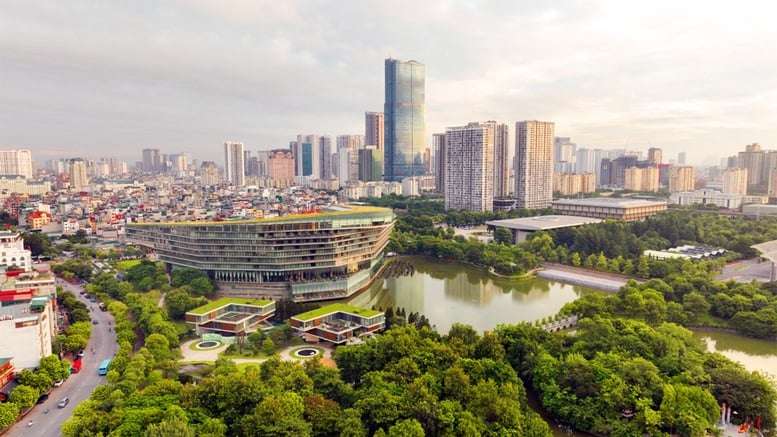
For the first time, Hanoi has issued a master plan, setting specific targets such as 75-80% of days a year having good and average air quality.
These are the contents discussed at the Forum "Green Energy - Clean City" jointly organized by units of the Ministry of Agriculture and Environment on November 7.
According to Deputy Minister of Agriculture and Environment Le Cong Thanh, in the context of the world facing climate change, environmental pollution and resource depletion, choosing a green development path and shifting to clean energy is not only an inevitable trend but also a common responsibility of each country.
Deputy Minister Le Cong Thanh said that Vietnam has been demonstrating a strong commitment to responding to climate change and energy transition through a series of important policies such as the Law on Environmental Protection 2020, Strategy, Planning, Plan for national environmental protection and management to 2030, vision to 2050; National Strategy on climate change towards the goal of achieving net zero emissions by 2050... This is a solid foundation for Vietnam to develop a green economy, a circular economy, a low-carbon economy, towards the goal of "a green, clean, livable Vietnam".
"Developing green energy not only contributes to reducing greenhouse gas emissions and ensuring energy security, but also opens up a sustainable direction for large cities, economic, cultural and social centers such as Hanoi, Ho Chi Minh City, Da Nang and Hai Phong," Deputy Minister Le Cong Thanh affirmed.
Time to tighten regulations on emission standards for motorbikes and scooters
Developing green energy is considered the key to help Vietnam achieve the Net Zero target, ensure energy security and improve the quality of life of urban residents. The use of clean energy, environmentally friendly fuels, along with the development of green transport and green buildings is becoming an inevitable trend.
According to Mr. Truong Manh Tuan - Deputy Head of the Department of Environmental Quality Management, Department of Environment (Ministry of Agriculture and Environment), air pollution is also a serious problem, mainly concentrated in two key economic regions, including: Hanoi and neighboring provinces; Ho Chi Minh City and surrounding areas.
Faced with this reality, the Ministry of Agriculture and Environment is drafting a roadmap for applying emission standards to motorbikes and scooters in circulation in Vietnam. Accordingly, the official application time has been postponed to give people and localities more time to prepare, but in Hanoi and Ho Chi Minh City, the regulations will be tightened earlier, starting from July 1, 2027.
Other major cities such as Hai Phong, Da Nang, Can Tho and Hue will implement from July 1, 2028, while other provinces and cities will apply from July 1, 2030.
"The milestones proposed by the Department of Environment will ensure that environmental protection requirements are met, but also ensure step-by-step application and harmonious calculations for the people," said Mr. Truong Manh Tuan.
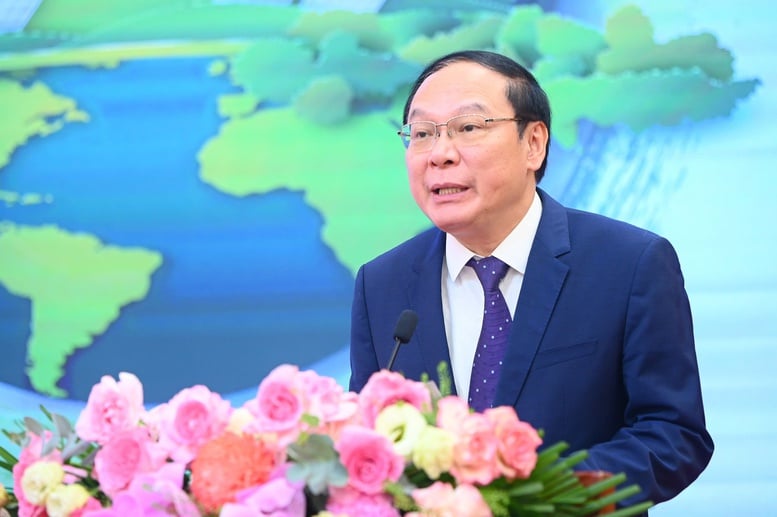
Deputy Minister Le Cong Thanh said that Vietnam has been demonstrating a strong commitment to responding to climate change and energy transition through a series of important policies.
Proposing more on reducing vehicle emissions, Mr. Le Van Dat, Deputy Director of the Academy of Strategy and Training of Construction Officials (Ministry of Construction) said that currently the rate of public passenger transport in Hanoi is only 19.5% and Ho Chi Minh City is only 7%. Meanwhile, according to Decision No. 876/QD-TTg of the Prime Minister approving the action program on green energy conversion, reducing carbon and methane emissions of the transport sector, by 2030, the rate of public passenger transport in Hanoi must reach 45-50% and Ho Chi Minh City must be 25%.
To achieve the roadmap, Mr. Le Van Dat proposed a number of solutions such as switching to electric vehicles, managing high-emission vehicles, developing an efficient public transport system, managing travel demand... "One of the solutions being promoted is applying technology to optimize traffic flow to reduce journeys and reduce emissions of vehicles," Mr. Le Van Dat shared.
In Hanoi, a representative of the Hanoi Department of Agriculture and Environment said that the city has recently faced serious environmental challenges from climate change and pollution due to rapid urbanization. However, this is also an opportunity for the city to transform green, aiming to become carbon neutral by 2050.
With the above viewpoint, Hanoi has issued a Plan for managing the city's air quality until 2030, with a vision to 2035. This is the first time Hanoi has issued a master plan, setting out specific targets such as 75-80% of days in a year having good and average air quality.
Accordingly, Hanoi will divide into low-emission zones, apply many traffic restriction measures, including banning heavy diesel trucks, prioritizing cars that meet level 4 emission standards and motorbikes that meet level 2 standards; creating a solid legal corridor for green transformation...
At the end of the program, experts and guests agreed on action commitments: The State continues to improve policies and emission standards and support clean energy conversion; Enterprises promote investment in green technology, efficient energy use; and organizations and associations spread connections between policies, businesses and the community.
Thu Cuc
Source: https://baochinhphu.vn/chia-khoa-de-phat-trien-nang-luong-xanh-thanh-pho-sach-102251107143211382.htm






![[Photo] Da Nang: Hundreds of people join hands to clean up a vital tourist route after storm No. 13](https://vphoto.vietnam.vn/thumb/1200x675/vietnam/resource/IMAGE/2025/11/07/1762491638903_image-3-1353-jpg.webp)

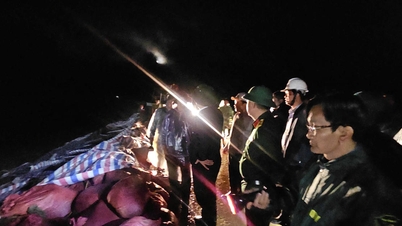

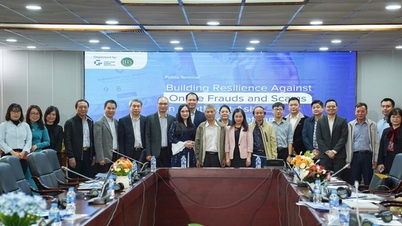
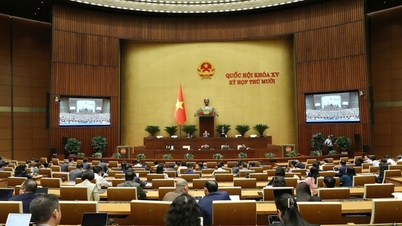














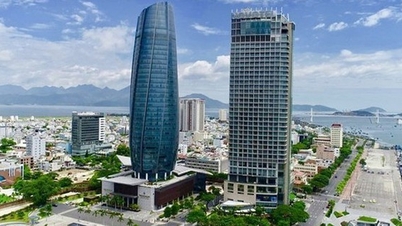
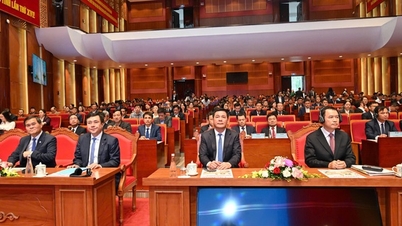






















































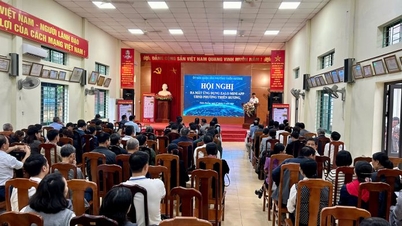

















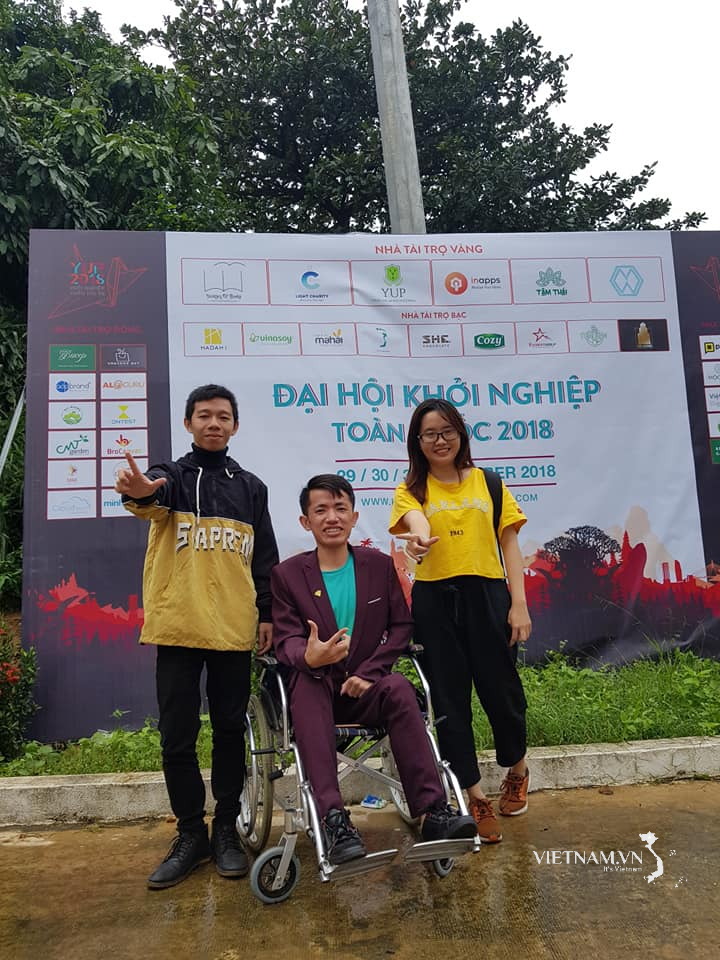


Comment (0)